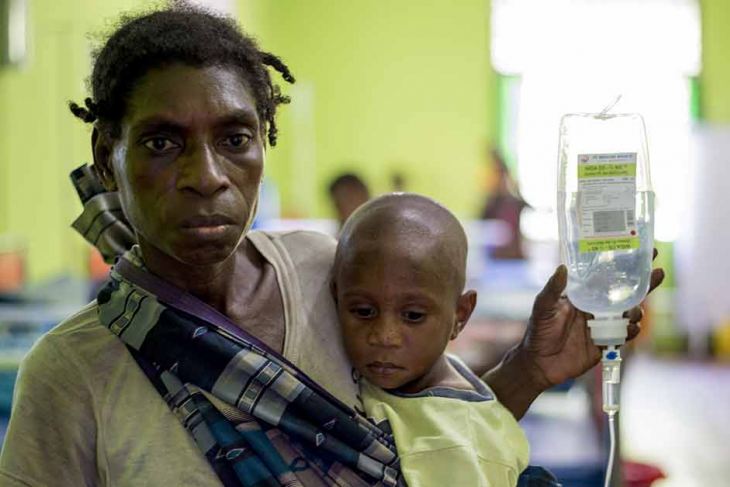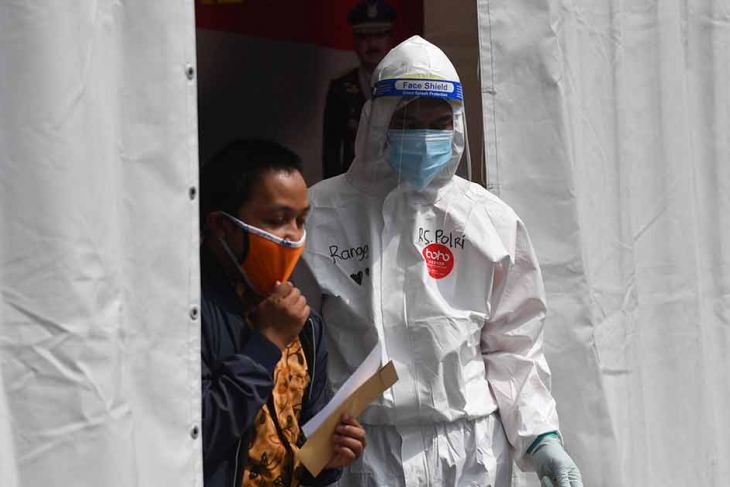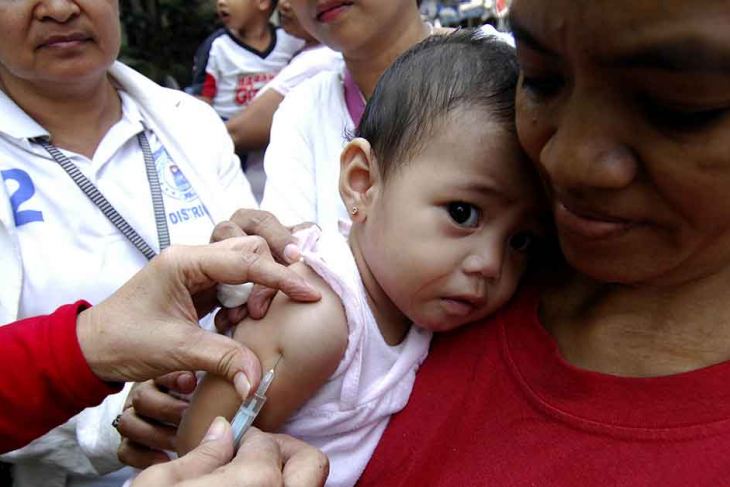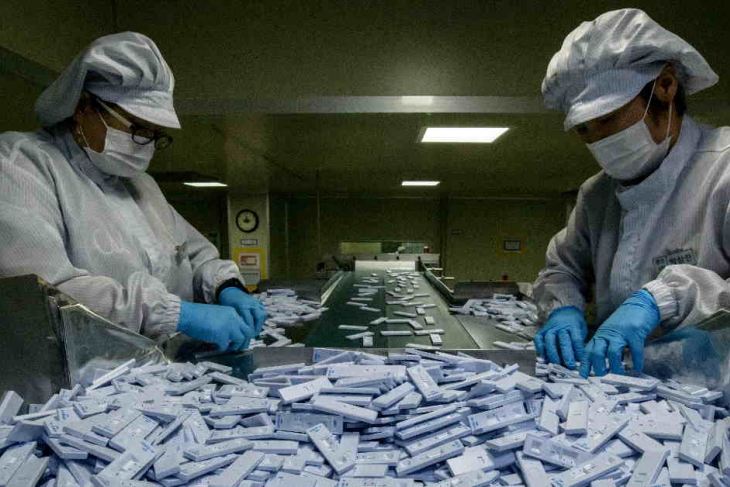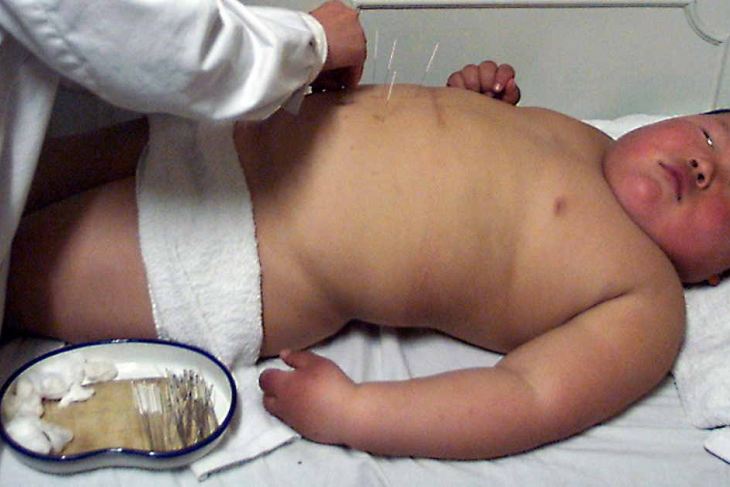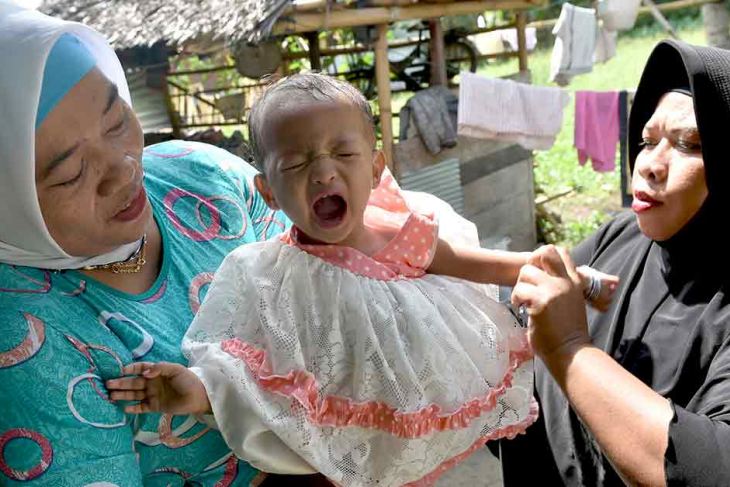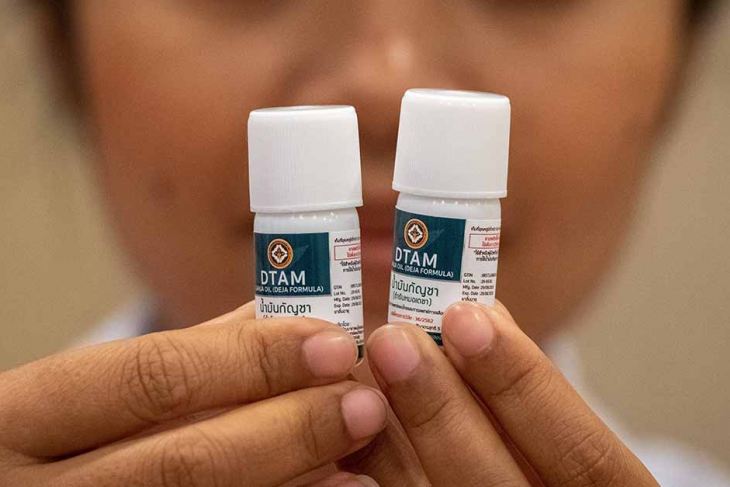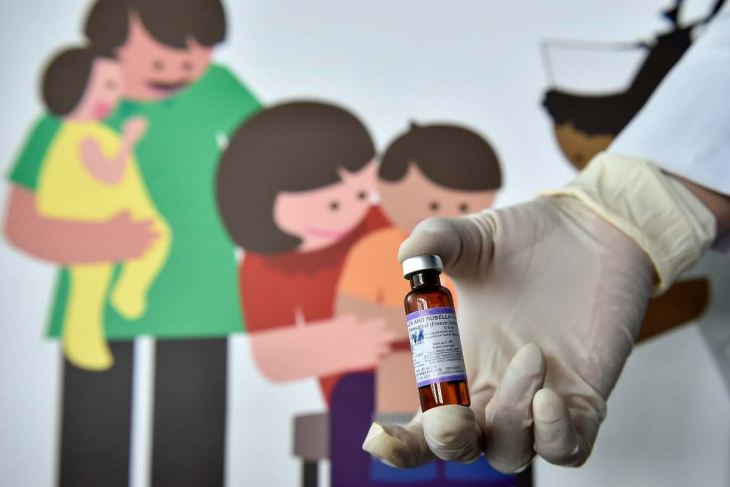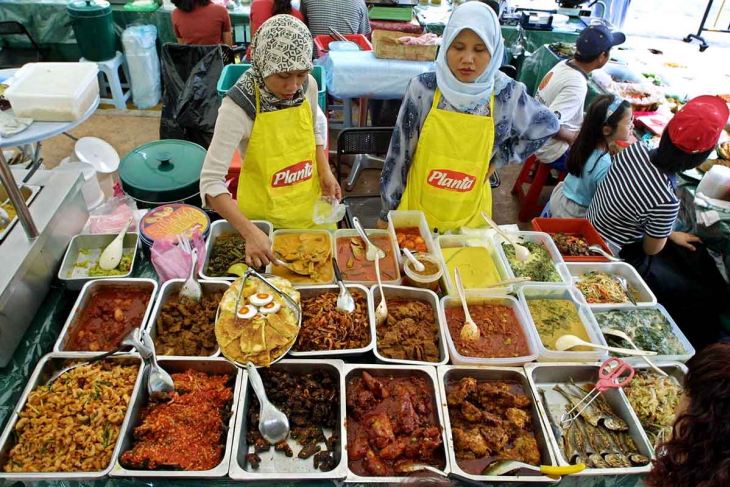World Health Organisation
Child wasting is among the most prevalent forms of undernutrition globally. The World Health Organization (WHO) has defined wasting as a low weight-for-height, or thinness due to a severe process of weight loss, often associated with insufficient food intake (nutrient and energy density), and disease.
The World Health Organization (WHO) has urged countries hit by serious coronavirus outbreaks to "wake up" to the realities on the ground instead of bickering, and to "take control"."People need to wake up. The data is not lying.
Global coronavirus infections topped nine million on Monday as the World Health Organization (WHO) warned that the pandemic was accelerating and Saudi Arabia said it would allow a "very limited" number of pilgrims to the hajj next month.France took its biggest step yet back to normality by allowing millions of children to return to school.But despite Europe further easing lockdowns, cases are still rising around the world, especially in Latin America with Brazil now registering more
The Red Cross and the United Nations (UN) urged countries Wednesday to avoid trying to secure future immunisation jabs against the coronavirus for their populations only, calling for a true "people's vaccine".The groups spoke out as scientists race to identify and test possible vaccines for COVID-19, which has killed more than 380,000 people and infected close to 6.5 million globally.They are also scrambling to find a safe and effective treatment."We need to fight what is
According to the United Nations International Children's Emergency Fund (UNICEF), 117 million children in 37 countries may not get immunised on time this year. The COVID-19 coronavirus has headlined front covers and news since it emerged in December 2019. To date, more than 3.5 million have been infected with the deadly virus.
Last fall, 16 leaders from governments, businesses and international organisations gathered in New York to conduct a simulated response to a hypothetical global health emergency. We looked at the challenges that could arise in such a scenario, which was increasingly likely given the world has about 200 epidemic events per year.
According to the World Health Organisation (WHO), the prevalence of childhood obesity has increased at an alarming rate globally. In 2016, the number of overweight children under the age of five was estimated to be over 41 million.Southeast Asia has seen an upward trend in childhood obesity during the last 10 to 15 years. An estimated 6.6 million children under five years are currently overweight in the region.
On 6 February, the world celebrated International Day of Zero Tolerance for Female Genital Mutilation (FGM) which aims to raise awareness and to eradicate the practice. Anti-FGM activists and organisations are calling FGM a crime against women and girls. Several countries such as the United Kingdom (UK) have made FGM illegal and it is considered a form of child abuse. Anyone who performs FGM in the UK can face imprisonment for up to 14 years.
Many countries in the Americas and Europe have legalised the use of medical marijuana, with some legalising it for recreational use as well. It is safe to say that when the Drug Enforcement Agency (DEA) in the United States (US) listed marijuana as one of the most dangerous drugs with "no accepted medicinal use and a high potential for abuse,” it was without scientific backing. However, no scientific evidence can battle the stigma associated with the controversial herb.
ASEAN’s reputation as a hub for fake medicine is nothing to sneeze at.Increasing amounts of falsified medicines are being produced in ASEAN, in part as a result of legitimate, and illegitimate, pharmaceutical producers based in India and China having transferred or outsourced some manufacturing processes to Malaysia, Vietnam, Myanmar and Cambodia to avoid tougher regulations and enforcement – and to benefit from lower production costs – according to a recent report by the United Nations Offic
Measles cases have been rising across the globe in 2019, with global data released by the World Health Organisation (WHO) last month showing that reported cases rose by 300 percent in the first three months of 2019 compared to the same period in 2018.
In early May, Muslims across the globe will be celebrating Ramadhan. During this holy month, Muslims will abstain from a number of things from sun up to sun down, most notable of all will be any form of food or drink. One of the main reasons Islam requires its followers to undergo this month-long fast is to remember the pains and troubles of the less fortunate who may not be able to afford a single meal everyday let alone three meals a day.
